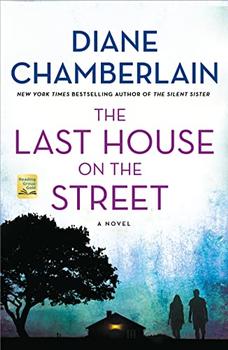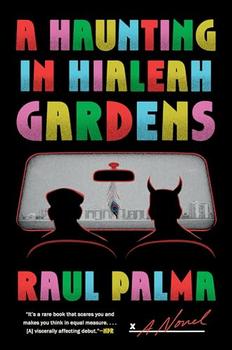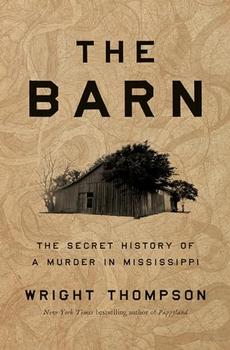Summary | Excerpt | Reading Guide | Reviews | Beyond the Book | Read-Alikes | Genres & Themes | Author Bio

A Novel
by Diane ChamberlainThis article relates to The Last House on the Street
 Diane Chamberlain's protagonist Ellie Hockley in The Last House on the Street participates in the Summer Community Organization and Political Education (SCOPE) project against the wishes of her family. SCOPE was created in the spring of 1965 under the auspices of the Southern Christian Leadership Conference (SCLC). The SCLC proved to be a powerful force in the civil rights movements as its leader, Martin Luther King Jr., capitalized on the passion and commitment of Black religious leaders and organizations. King appointed Hosea Williams, a fellow civil rights leader and close associate, to lead SCOPE.
Diane Chamberlain's protagonist Ellie Hockley in The Last House on the Street participates in the Summer Community Organization and Political Education (SCOPE) project against the wishes of her family. SCOPE was created in the spring of 1965 under the auspices of the Southern Christian Leadership Conference (SCLC). The SCLC proved to be a powerful force in the civil rights movements as its leader, Martin Luther King Jr., capitalized on the passion and commitment of Black religious leaders and organizations. King appointed Hosea Williams, a fellow civil rights leader and close associate, to lead SCOPE.
The program's goal was to educate Black southerners on how to register to vote, as well as why it was important for them to vote in order to ignite social and political change. SCOPE recruited and trained hundreds of college students from the northern states, both Black and white, to participate in the program.
As referenced in the novel, SCOPE hoped to immerse its participants in southern Black life, and thus many students were housed by southern Black families. They canvassed rural areas in an effort to disseminate vital information to the Black population, such as voting procedure, registration information and the benefits of participating in the voting process to improve schools and neighborhoods. Additionally, SCOPE had a required reading list for participants that included seminal African American works such as Richard Wright's Black Boy and W.E.B. DuBois's The Souls of Black Folk.
Ellie Hockley is loosely based on Maria Gitin, a woman who participated in SCOPE as a college student and continues to educate people on the project. Gitin's book This Bright Light of Ours chronicles her time with the SCOPE program and includes her letters, in which she provides personal anecdotes about the people she meets, including Black students who wanted "better school supplies and an equal education instead of tattered marked up books and broken desks under falling plaster in segregated schools." She speaks of the Ku Klux Klan presence and the pervasive violence of the times, and about the bonds that grew among participants as they set out to create change in America.
The threat of violence for SCOPE participants was very real. Many southern states aggressively resisted the prospect of Black voters. Efforts to prevent Black enfranchisement ranged from enforcing voter literacy tests to disrupting peaceful protests. Quite often agitators threatened or committed acts of violence in order to intimidate Black voters and their supporters. SCOPE ran one year after the widely publicized violent deaths of James Chaney, Andrew Goodman and Michael Schwerner, participants in the Mississippi Summer Project, another voter education program. The Ku Klux Klan was an omnipresent threat, and law enforcement often looked the other way when acts of violence were committed against civil rights workers and activists.
President Lyndon B. Johnson signed the Voting Rights Act into law August 6, 1965, and SCOPE was disbanded three weeks later. King viewed the program as a success — one of many for the SCLC. A trove of primary documents from the SCOPE project can be found online in the Civil Rights Movement Archive.
SCOPE participants, courtesy of Stanford University
Filed under People, Eras & Events
![]() This "beyond the book article" relates to The Last House on the Street. It originally ran in February 2022 and has been updated for the
January 2023 paperback edition.
Go to magazine.
This "beyond the book article" relates to The Last House on the Street. It originally ran in February 2022 and has been updated for the
January 2023 paperback edition.
Go to magazine.




There is no such thing as a moral or immoral book. Books are either well written or badly written. That is all.
Click Here to find out who said this, as well as discovering other famous literary quotes!
Your guide toexceptional books
BookBrowse seeks out and recommends the best in contemporary fiction and nonfiction—books that not only engage and entertain but also deepen our understanding of ourselves and the world around us.